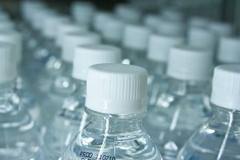 On Monday, a ban on single-use water bottle purchases by state and local governments was proposed to the Maine legislature. Proponents said it would save money and position Maine for a leadership role in a nationwide effort to reduce plastic bottle waste.
On Monday, a ban on single-use water bottle purchases by state and local governments was proposed to the Maine legislature. Proponents said it would save money and position Maine for a leadership role in a nationwide effort to reduce plastic bottle waste.
Rep. Ben Chipman, a Portland independent and co-sponsor of the bill, said the bill’s passage would result in less waste and send a positive message about the state’s public water supply.
Naturally, the proposal was met with opposition. Some claimed that the bill was written too broadly and failed to include a provision for emergency situations. Others downplayed the issue as minor in their state government.
The Maine Department of Transportation spends nearly $30,000 annually on bottled water—about half of all state spending on bottled water.
Proponents pointed to studies showing no substantial differences in the quality of bottled water and public water supplies. They also referred to a similar ban in San Francisco, which in 2007 prohibited city departments from purchasing bottled water, and Concord’s (MA) recent ban on single-serving water bottles within its town limits.

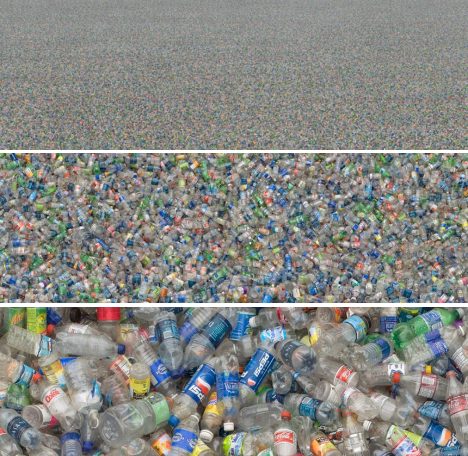
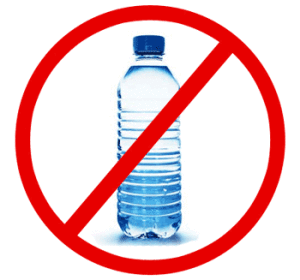
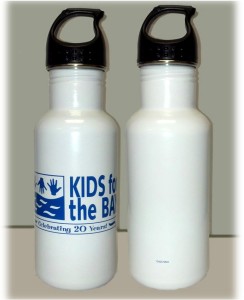
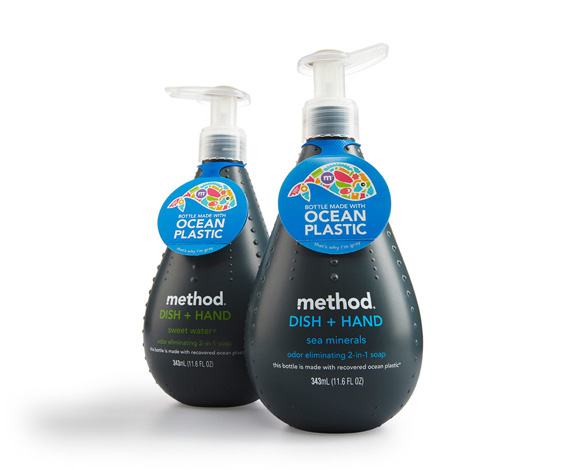
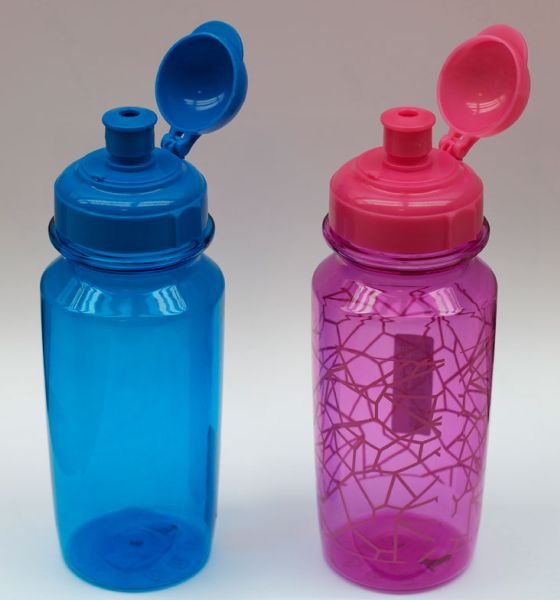
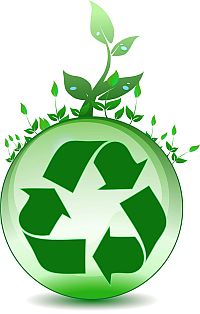

 Water bottles are quickly gaining popularity nationwide, both as the environmentally correct choice and because consumers (and many businesses) are recognizing the financial impact that disposable drink bottles have. This means that people are using reusable bottles more than ever, and if your message is on the side of it, others will see it as well. People may tie your name to eco-friendly practices and formulate favorable name recognition.
Water bottles are quickly gaining popularity nationwide, both as the environmentally correct choice and because consumers (and many businesses) are recognizing the financial impact that disposable drink bottles have. This means that people are using reusable bottles more than ever, and if your message is on the side of it, others will see it as well. People may tie your name to eco-friendly practices and formulate favorable name recognition.